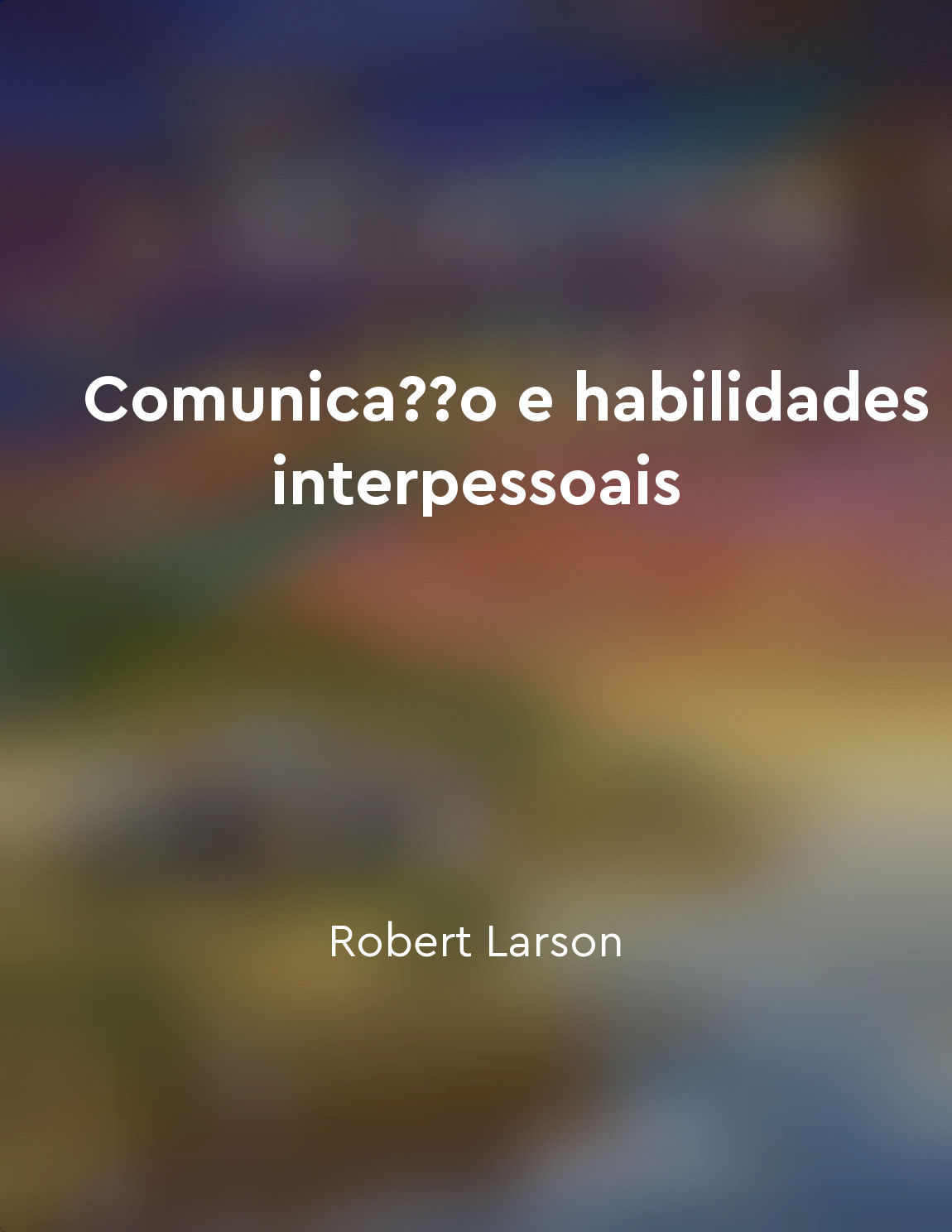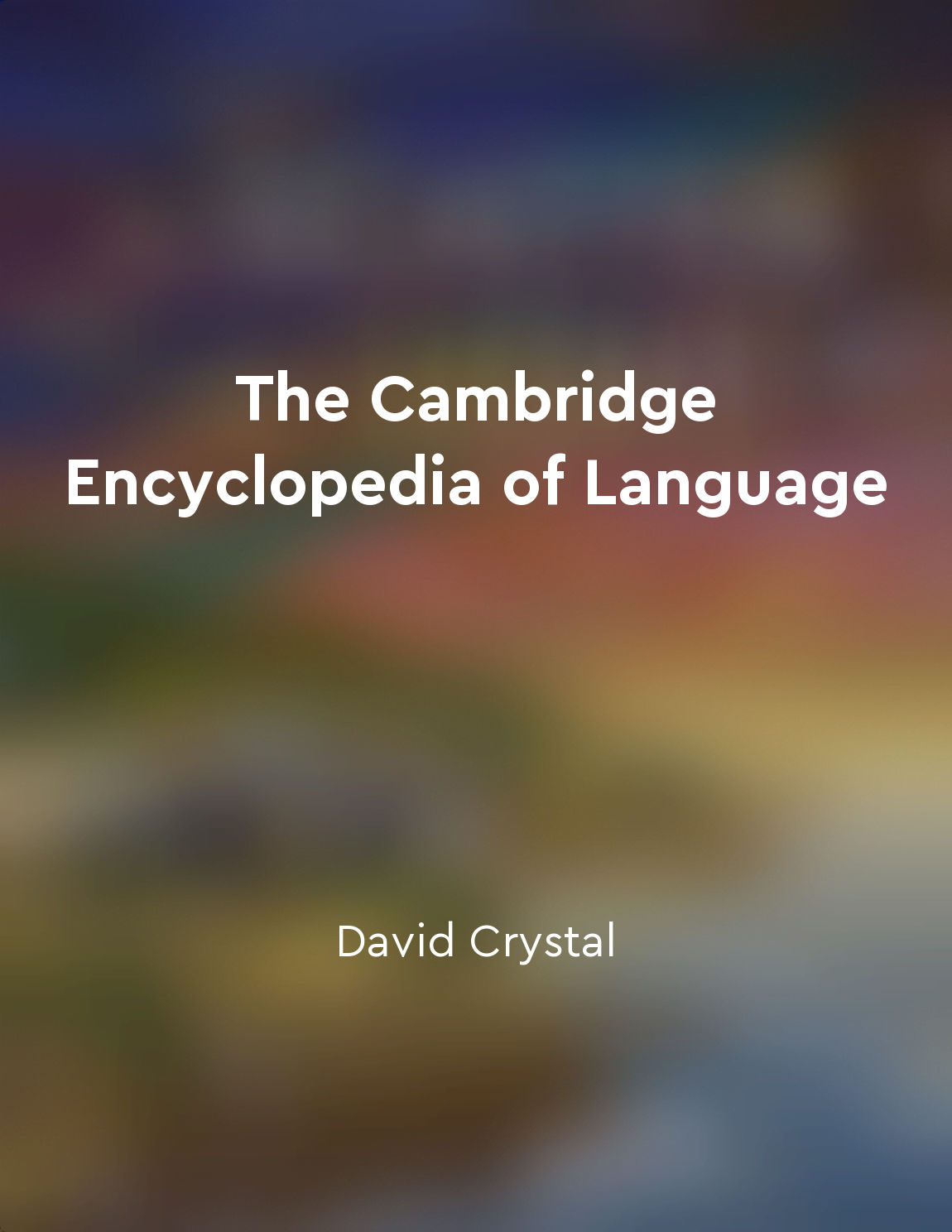Languages vary in terms of grammar, vocabulary, and pronunciation from "summary" of The Cambridge Encyclopedia of Language by David Crystal
Languages differ in many ways, and three key areas of variation are grammar, vocabulary, and pronunciation. Grammar encompasses the rules and structures that govern how words are combined to form sentences. Different languages have different grammatical systems, which can influence the order of words in a sentence, the use of verb tense and aspect, and the marking of grammatical categories such as gender and number. For example, while English relies heavily on word order to convey meaning, many other languages, such as Latin or Japanese, use inflectional endings on words to indicate their grammatical function within a sentence. Vocabulary refers to the words that a language uses to express meaning. Each language has its own unique set of words, rooted in the culture and history of its speakers. Languages may borrow words from other languages, but the core vocabulary of a language is often distinct. For example, English has many words borrowed from Latin and French, but its Germanic roots are still evident in words like "house" and "water." Additionally, languages may have different levels of formality or slang, which can further shape the vocabulary used in different contexts. Pronunciation is another area where languages can vary significantly. The sounds that make up a language, known as phonemes, can vary from one language to another. Some languages have sounds that do not exist in others, leading to difficulties for speakers of one language trying to learn another. For example, the Japanese language has a distinct set of consonant and vowel sounds that do not exist in English, making it challenging for English speakers to pronounce Japanese words accurately. In summary, languages exhibit variation in their grammar, vocabulary, and pronunciation, reflecting the unique systems of rules and structures that govern how they are spoken and understood. By examining these key areas of difference, linguists can gain insight into the rich diversity of human language and the ways in which different languages shape the communication and expression of their speakers.Similar Posts
Writing skills should be cultivated early on
It is widely recognized that the ability to write effectively is a crucial skill that individuals need in order to succeed in b...

Open communication fosters trust and transparency
Effective communication plays a vital role in building strong relationships in both personal and professional environments. Whe...

Building upon previous knowledge
When you learn something new, it is helpful to relate it to what you already know. This makes it easier to remember and underst...
Indian philosophy has delved into complex metaphysical questions
The philosophical tradition in ancient India was marked by a deep engagement with complex metaphysical questions that sought to...
Join English speaking groups or clubs
To improve your English speaking skills, it is recommended that you join English speaking groups or clubs. By being a part of s...
Context plays a crucial role in the interpretation of language
In order to understand the meaning of language, we must consider the context in which it is used. Language is not a static enti...

Languages can change and evolve over time
Languages are dynamic entities that are constantly in flux. Just as living organisms evolve and change over time, so do languag...
